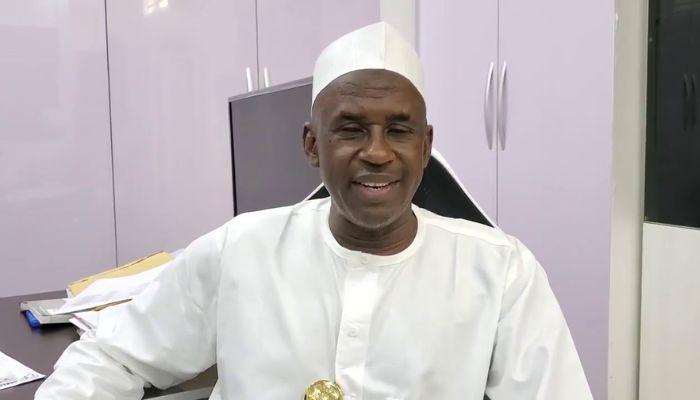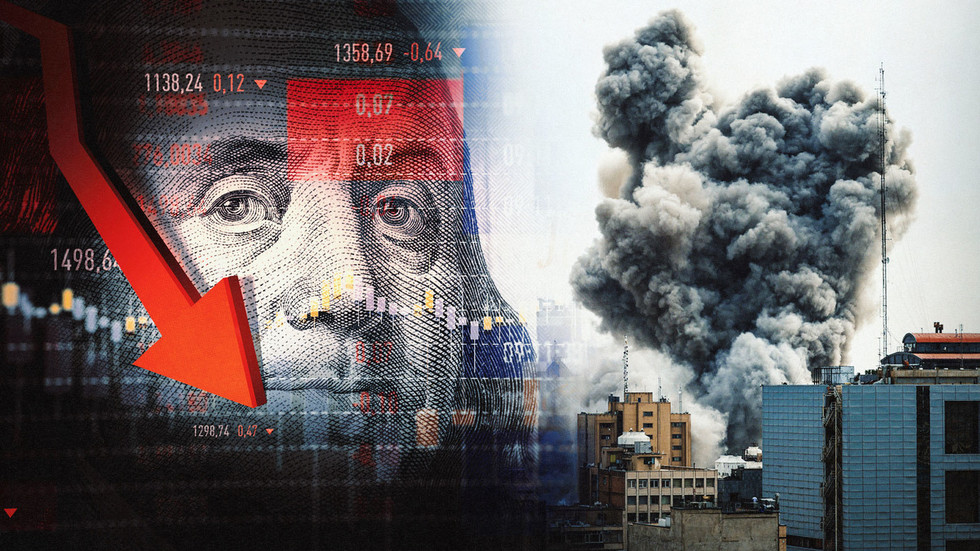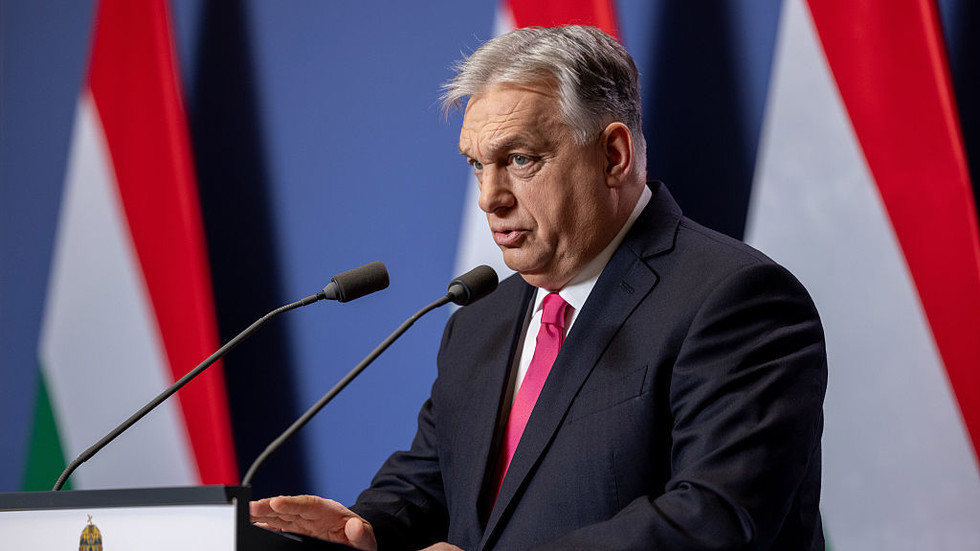Nigeria’s Inflation Rate Drops for Fourth Consecutive Time, But Citizens Feel Little Relief
Despite a decline in Nigeria’s inflation rate for the fourth consecutive time, citizens and businesses continue to experience worsening economic realities. According to the National Bureau of Statistics (NBS), the country’s inflation rate dropped to 21.88 percent in July from 22.22 percent in June. This decline has been consistent since April 2025, when it stood at 23.7 percent on a month-on-month basis.
President Bola Ahmed Tinubu’s team has celebrated the drop in inflation as a significant achievement, reflecting positively on his leadership gains over the past two years. Additionally, the country’s Gross Domestic Product (GDP) has grown to N372.8 trillion in 2024 after the rebase in July 2025.
However, experts argue that the decline in inflation does not accurately reflect the living conditions of ordinary Nigerians. Food prices, interest rates, energy prices, and transportation costs have remained elevated. A 50-kilogramme bag of local rice costs between N69,000 to N75,000 in parts of Abuja and Lagos, while fuel prices are around N865 to N925 per litre in these cities. Cooking gas costs around N1,000 to N1,200 per kilogramme, and transportation fares have skyrocketed.
Economic experts have mixed reactions about the country’s July inflation rate. Mazi Okechukwu Unegbu, a former president of the Chartered Institute of Bankers of Nigeria (CIBN), expressed concerns that there is a wide difference between the reality faced by Nigerians and businesses and the NBS’s consumer price index and inflation figure. “The government believes in statistics, ignoring realities,” he said. “The NBS’s report is so disturbing. It is a beautiful report, but at the end of the day, there is nothing to write home about.”
Similarly, Gbolade Idakolo, the Chief Executive Officer of SD & D Capital Management, emphasized that Nigeria’s food inflation continues to rise due to insecurity in the country’s agrarian areas and exchange rate challenges. “The federal government needs to do more in pushing its agricultural policies to reduce the causative factors affecting food inflation,” he said.
Professor Segun Ajibola, a renowned economist, explained that the headline inflation figure is derived by computing changes in the prices of a basket of consumable items (consumer price index). However, he noted that the figure may not accurately represent the real situation across the country, as prices of food items vary from place to place in Nigeria.
While the decline in Nigeria’s inflation rate may be a welcome development, it appears that much work remains to be done to address the economic challenges facing the country. As Unegbu emphasized, the government must address the hunger in the land, reconsider some of its economic policies, and focus on agricultural development to reduce food inflation.



